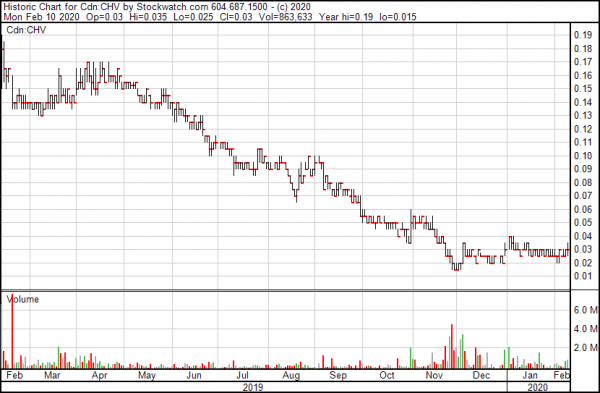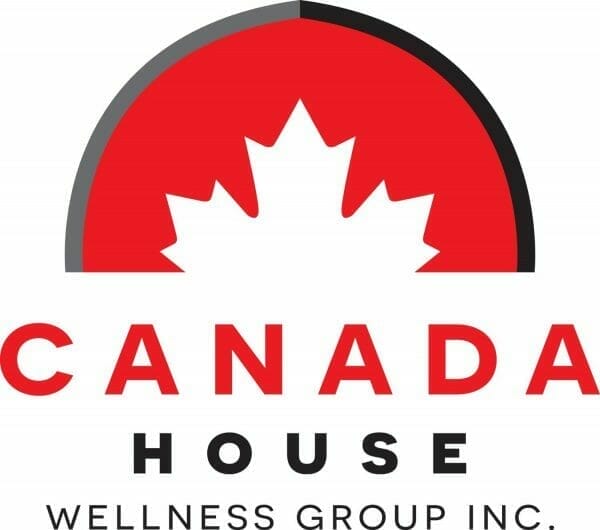In 2017, the going logic of legalization was that everyone would be either smoking, vaping or ingesting cannabis in some way once it became legal, and that promise hasn’t been fulfilled. There’s been growth and retraction over the past year, but the same people you’d normally see with a joint between their lips on a Friday night remained and they mostly got it from the same sources they always did: the guy at work instead of the dispensary offering big name LP weed.
The numbers aren’t good. Consumer confidence is down. It’s as if everyone woke up all of a sudden and realized they were investing in greenhouses and farms instead of a counterculture revolution. Or maybe people are just tired of going to their neighbourhood dispensary and buying dried flower that sat on a shelf for a year somewhere in Ontario before being shipped across the country.
Granted, the Canadian and United States governments did their part to stab the cannabis market in the neck, but the real fault here lies with the LP’s, who proved quite clearly that they didn’t know what they were doing. There’s hope, of course, that cannabis 2.0, with its provisions for edibles, tinctures and beverages will prove to be the saving grace for the industry, but as the rollout continues it becomes obvious that there’s been little resurgence of the enthusiasm and energy that surrounded legalization in 2017.
Now here we are approximately eight months after the bubble imploded, and here are a handful of companies and what they’re doing to keep afloat.
Cannabis market bedamned—we’re going to expand
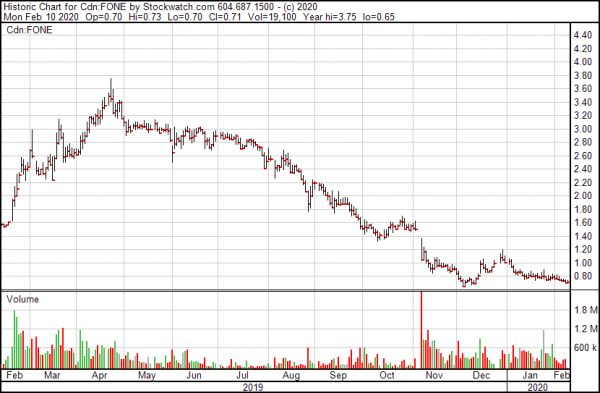
There are some companies who continue onward despite the downward decline in the cannabis market, because ultimately, regardless of investor confidence, they know that the only way through this slumbering market is to get through it. You keep building. Keep going. Keep expanding. If nobody notices, then you do what you can to survive until some kind of catalyst arises to draw eyeballs (and cash) back to the market.
Take Huxton for example.
They’re an Arizona-based lifestyle cannabis brand, which has recently expanded its product footprint into Nevada through a select partnership with cultivator and producer Flower One (FONE.C). Flower One isn’t doing well, but they’re at least moving forward.
Huxton is hoping their multi-strain blended experiences, RISE, HIFI and ZEN, and their awards winning prerolls will be the catalyst required to at least bring back the eyeballs and bucks required to stay afloat when they go on shelves. The company had enjoyed some success with this business plan in the past, having rolled out their prerolls to the Washington market prior to this. They became available in the territory in late 2019.
Canada House is somewhere on the same spectrum as Flower One, at least in terms of continuing to expand despite the general downturn.
Source: stockwatch.comLet’s consider Abba Medix, a subsidiary of Canada House Wellness (CHV.C) that penned a supply agreement with the Alberta Gaming, Liquor and Cannabis to supply branded cannabis products to the adult-use cannabis market in Alberta.
The supply agreement has Abba offering recreational products in 3.5-gram dried flower and 0.5 gram pre-rolled formats. The company is still in discussions with other provincial cannabis distribution branches as it executes its domestic distribution strategy.
“This supply agreement is a significant milestone on Canada House’s Path to Profitability. We will continue to pursue additional provincial supply agreements with targeted provinces at optimal price points, building on Abba’s European export strategy and existing revenue from our broad medical patient base,” said Chris Churchill-Smith, chief executive officer of Canada House.
Pure Global takes on debt to pay debt
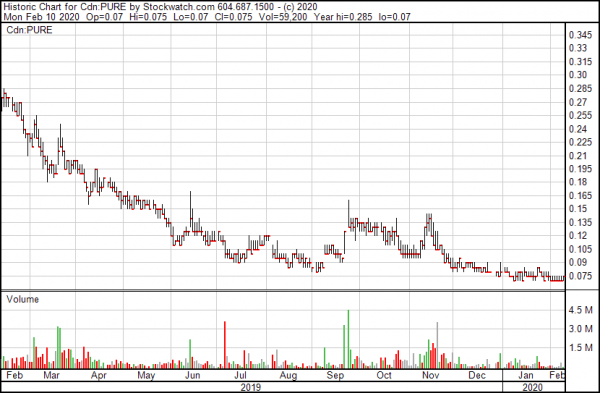
The subhead here could seem a little misleading, because what Pure Global Global (PURE.V) is doing here is actually a positive choice. Just like a high interest credit card and a lower interest rate line of credit, not all debt is created equal. Securing two mortgage financings, both from prominent non-bank direct private Canadian lenders, for $7 million and $250,000 respectively, and a non-brokered private placement for $2.1 million, all of which come at a lower interest rate than their debts, will help this company pay off their debts faster and give them cash on hand.
The mortgages will be secured by Pure’s two industrial warehouses located in Brampton, Ontario, one of which is fully licensed and operational for indoor cultivation, extraction, and processing. The $7,250,000 in mortgages will be apportioned as follow:
- $5,000,000 to refinance current debt;
- $932,500 to provide Pure with working capital;
- $682,500 to be used to create a 12-month interest payment reserve;
- $250,000 as a holdback for potential building remedial costs;
- Balance to cover fees, transactional and legal costs.
The private placement offering will consist of up to 37,500,000 units of the Company to be priced at $0.056 per unit. Each unit will consist of one common share and one-half common share purchase warrant. The conversion price for the warrants is $0.1225.
“These financings provides us with key capital to strengthen our balance sheet and execute on our strategic plan towards cash flow positivity. Having recently received an amendment to our existing manufacturing license from Health Canada we are now positioned to begin production in our state-of-the art facility in Brampton. We can immediately commence cultivation, extraction, and begin bulk distillate sales, while offering contract manufacturing services through our B2B brand, PureCanna Solutions,” said Malay Panchal, CEO and president of Pure Global.
Think of it like a consolidation loan. If you’ve run up maxed out three high interest credit cards on Scooby Snacks, then getting a $30K line of credit at a reasonable interest rate makes sense. The real question is whether or not this loan is superfluous, or whether or not any attempts to resuscitate their business after the bubble burst in the summer is the equivalent of polishing brass on the Titanic.
C21 CEO gives an update
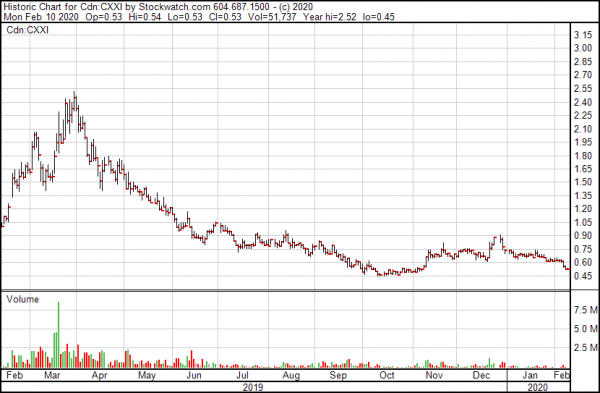
This time last year, one time client C21 Investments (CXXI.C) was starting into a spirited expansion, reaching into Oregon, California and Nevada in an attempt to take advantage of what at the time seemed like endless possibilities in the cannabis market. We wrote that they’re not big on self-promotion, instead preferring to get their head down and do the work to bring in the revenue.
Since June 2019, Hood Oil has now sold over 100,000 units in Nevada, generating $2.9 million in revenue with a 54% Gross Margin. Last month alone, Hood Oil sold over 15,000 Units generating $445,000 in revenue, the best month-to-date at our dispensaries. In fact, 11 of the top 25 SKUs sold at Silver State Relief were Hood Oil. Silver State now sells twice as many Hood Oil units than all other cartridges combined. Our Phantom Farms’ flower has also performed well since its launch in Nevada two weeks ago.
The company reported $10.6 million in revenue for the their quarter, with $2.2 million in positive adjusted EBITDA, which they’re quick to tell us is a 175% increase quarter-over-quarter. The company is one of only a handful of public US operators with positive operating cash flow, which has allowed them to survive the present cannabis market conditions without having to dive into the debt-pools and swim with the sharks.
But it doesn’t matter in the end how much work you do to bring the bread home if the shelves are empty. The press release goes onto offer the understatement that the cannabis market has been hit hard across the board, and that the markets are failing to recognize participants with strong economic performance and underlying fundamentals.
That’s true. The bubble has burst. The bulls are all gone and there’s no indication that they’re coming back. If you want a numerical indication of just how badly the markets have flogged cannabis companies in the past year—compare this company’s price now with the price stated at the end of the story linked earlier.
Keep in mind that it’s going to get worse before it gets better.
—Joseph Morton


